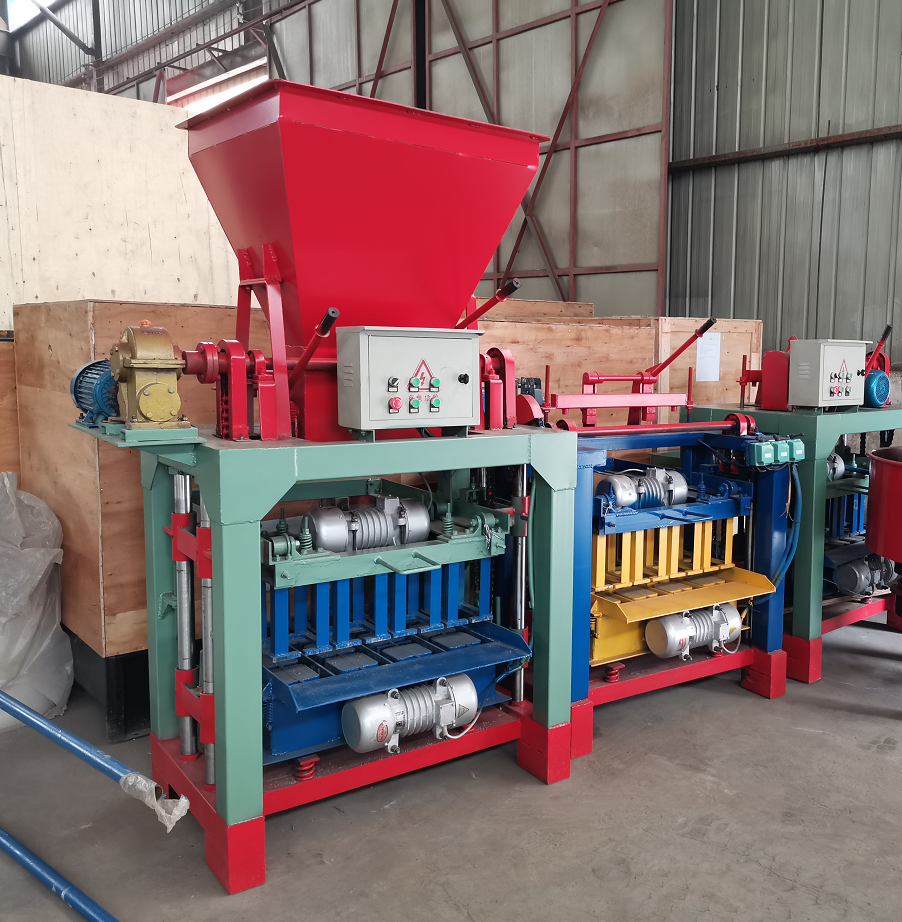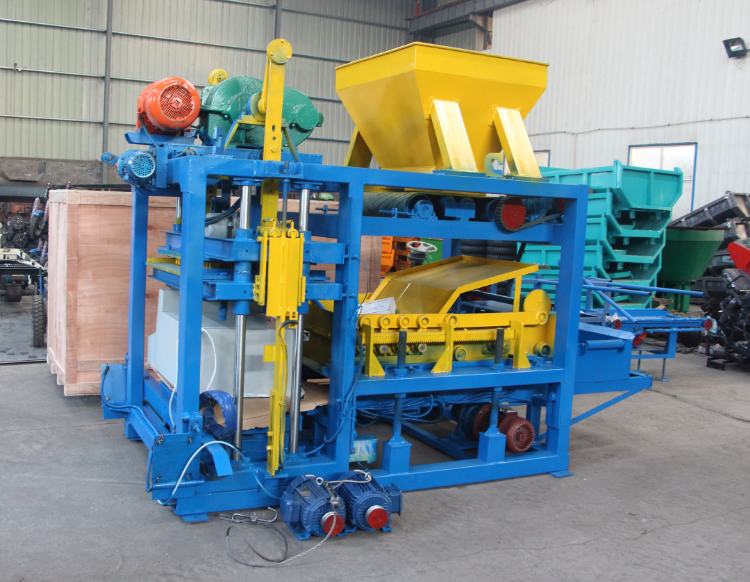Siwang Energy Report: The Ministry of Finance and the State Administration of Taxation promulgated the "Notice on Adjusting Partial Fuel Oil Consumption Tax Policies" on August 30, granting exemption or full payment to fuel oil materials for the purpose of producing chemical products such as ethylene and aromatics. The policy of refunding consumption tax. However, this New Deal has a narrow beneficiary area. As the main body of fuel oil production, it is expected to be mainly embodied in large-scale petrochemical enterprises. Local oil refinery companies will not be able to profit from this, and it is expected that the importers of fuel oil will find it difficult to see new policies. stimulate.
First of all, according to C1's solution, the main force in domestic processing of fuel oil—local refineries—is relatively weak and weak in the production of ethylene and chemical industry, and basically does not have ethylene cracker and aromatics extractives for the production of ethylene and aromatics chemicals. Because of this, it is difficult to use this policy to eliminate the consumption tax on fuel oil.
Most domestic private chemical companies, even with ethylene and aromatics plants, often use naphtha or C9 as their raw materials for processing, and they rarely have the technology to directly process fuel oil to produce ethylene or aromatics.
In addition, refineries that have both oil refinery facilities and complete chemical processing capabilities are mostly medium-sized enterprises such as Sinopec, PetroChina, and Sinopec, and all have stable crude oil supply, and produce self-produced chemical light oil as raw materials. As a raw material for processing, the specific gravity is extremely small.
In addition, the “heavy oil to olefin technology†or heavy oil catalytic cracking technology that has developed rapidly in recent years has a low proportion, although output of olefinic products, usually less than 20%, and it cannot meet the requirements of the new policy. The requirements for the proportion of ethylene and aromatics chemical products reaching more than 50%, that is, this technology is not mainly for the production of ethylene and aromatics.
Although the base of current production of ethylene or aromatics chemical products from fuel oils is not yet mature and common, some analysts believe that the new policy may be driven by the introduction of consumption tax in 2008 and the tax exemption for naphtha processing. However, fuel oil has no corresponding supporting policies and is not conducive to the development of possible new technologies. "The introduction of the new policy may therefore reflect more policy fairness, even if the use of such fuel oil is still very scarce."
However, there are also market participants who say that the emergence of new policies may give a way to “tax avoidance†for individual refineries. “Like gasoline itself and aromatics, the structures are similar, and there may be refineries that sell invoices for aromatics produced from gasoline. Not only is the consumption tax on gasoline products exempted, but also the consumption tax on raw fuel oil can be avoided. Whether or not the possibility will arise is entirely dependent on the country's follow-up support measures and market supervision, "said a market source.
According to the analysis of C1, there are three main points in the Circular on Adjusting the Consumption Tax Policy for Certain Fuel Oils. First, the fuel oil raw materials used for the production of chemical products such as ethylene and aromatics are purchased in 2010, and exemptions or full refund of consumption tax are granted; Specific products include chemical products such as ethylene, propylene, butadiene, and derivatives; chemical products such as benzene, toluene, xylene, heavy aromatics, and aromatic aromatics; and third, production of chemical products such as ethylene and aromatics using fuel oil. The enterprises that use fuel oil to produce more than 50% (including 50%) of their products can enjoy the benefits of the new policy.
First of all, according to C1's solution, the main force in domestic processing of fuel oil—local refineries—is relatively weak and weak in the production of ethylene and chemical industry, and basically does not have ethylene cracker and aromatics extractives for the production of ethylene and aromatics chemicals. Because of this, it is difficult to use this policy to eliminate the consumption tax on fuel oil.
Most domestic private chemical companies, even with ethylene and aromatics plants, often use naphtha or C9 as their raw materials for processing, and they rarely have the technology to directly process fuel oil to produce ethylene or aromatics.
In addition, refineries that have both oil refinery facilities and complete chemical processing capabilities are mostly medium-sized enterprises such as Sinopec, PetroChina, and Sinopec, and all have stable crude oil supply, and produce self-produced chemical light oil as raw materials. As a raw material for processing, the specific gravity is extremely small.
In addition, the “heavy oil to olefin technology†or heavy oil catalytic cracking technology that has developed rapidly in recent years has a low proportion, although output of olefinic products, usually less than 20%, and it cannot meet the requirements of the new policy. The requirements for the proportion of ethylene and aromatics chemical products reaching more than 50%, that is, this technology is not mainly for the production of ethylene and aromatics.
Although the base of current production of ethylene or aromatics chemical products from fuel oils is not yet mature and common, some analysts believe that the new policy may be driven by the introduction of consumption tax in 2008 and the tax exemption for naphtha processing. However, fuel oil has no corresponding supporting policies and is not conducive to the development of possible new technologies. "The introduction of the new policy may therefore reflect more policy fairness, even if the use of such fuel oil is still very scarce."
However, there are also market participants who say that the emergence of new policies may give a way to “tax avoidance†for individual refineries. “Like gasoline itself and aromatics, the structures are similar, and there may be refineries that sell invoices for aromatics produced from gasoline. Not only is the consumption tax on gasoline products exempted, but also the consumption tax on raw fuel oil can be avoided. Whether or not the possibility will arise is entirely dependent on the country's follow-up support measures and market supervision, "said a market source.
According to the analysis of C1, there are three main points in the Circular on Adjusting the Consumption Tax Policy for Certain Fuel Oils. First, the fuel oil raw materials used for the production of chemical products such as ethylene and aromatics are purchased in 2010, and exemptions or full refund of consumption tax are granted; Specific products include chemical products such as ethylene, propylene, butadiene, and derivatives; chemical products such as benzene, toluene, xylene, heavy aromatics, and aromatic aromatics; and third, production of chemical products such as ethylene and aromatics using fuel oil. The enterprises that use fuel oil to produce more than 50% (including 50%) of their products can enjoy the benefits of the new policy.
Hollow Block Machine is our hot selling Concrete Block Machine for hollow block/paver blocks and solid bricks production, very easy to operate . The Hollow Block Machine hollow cost is low , suitable for new Brick Maker Machines Factory . the Concrete Block Machine just need to change the mold then you can produce many kind of hollow block and lego bricks. This Hollow Block Machine is widely used and work well in Southeast Asia , Africa and South America, get many good feedback.


Hollow Block Machine,Mobile Hollow Block Making Machine,Hollow Blocks Molder,Manual Hollow Block Machine
Gongyi Xiaoyi Jinwang Machinery Factory , https://www.jinwangmachines.com